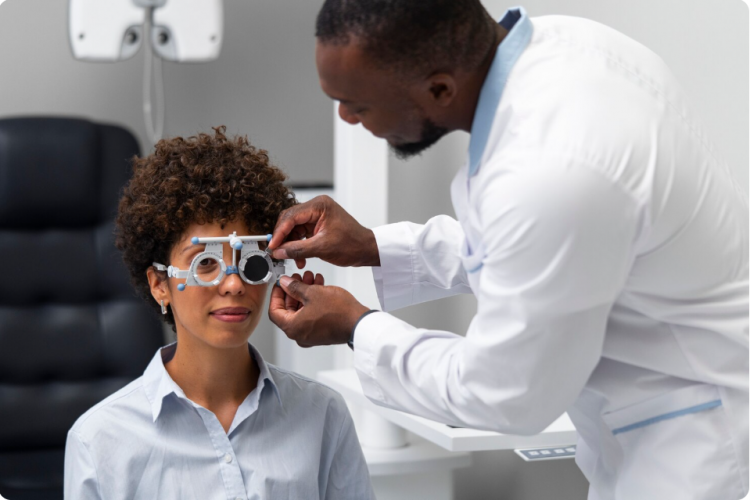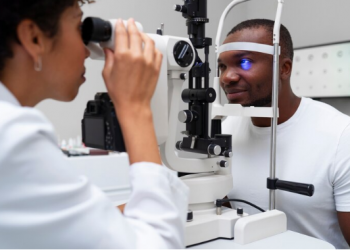Our eyes are one of the most important organs, allowing us to experience the world in vivid detail. However, vision problems and eye conditions can affect anyone at any age. From common issues like dry eyes and cataracts to advanced conditions such as glaucoma and macular degeneration, accessing proper eye treatments is essential to maintain optimal eye health and prevent long-term vision loss.
Common Eye Conditions and Their Treatments
Eye conditions can range from mild irritations to serious diseases that threaten vision. Dry eye syndrome is often treated with lubricating eye drops, lifestyle adjustments, and in some cases, prescription medications. Cataracts, a clouding of the eye’s natural lens, are treated through surgical procedures where the cloudy lens is replaced with an artificial one, restoring clear vision. Glaucoma, a condition characterized by increased eye pressure that damages the optic nerve, can be managed with prescription eye drops, laser therapy, or surgery depending on severity. Meanwhile, macular degeneration treatment focuses on slowing disease progression through medications, laser treatments, or lifestyle interventions.
Advanced Eye Treatments and Technology
Modern ophthalmology has seen significant advances in eye treatments, providing patients with safer, faster, and more effective solutions. Laser eye surgery, such as LASIK and PRK, corrects refractive errors like nearsightedness, farsightedness, and astigmatism, reducing dependency on glasses or contact lenses. Corneal transplants and retinal procedures restore vision in patients with severe damage due to injury or disease. Additionally, minimally invasive glaucoma surgeries and advanced imaging technologies allow ophthalmologists to detect and treat eye conditions earlier than ever before.
Preventive Eye Care
Prevention is a critical aspect of maintaining eye health. Regular eye examinations help detect conditions like glaucoma, cataracts, and diabetic retinopathy before they cause significant vision loss. Maintaining a healthy lifestyle, including a balanced diet rich in vitamins and antioxidants, wearing UV-protective sunglasses, and practicing proper screen habits, also supports long-term eye health. Early detection and timely eye treatments can make a significant difference in preserving vision and quality of life.
Choosing the Right Eye Treatment
Selecting the appropriate eye treatment depends on the specific condition, its severity, and the patient’s overall health. Consulting with a licensed ophthalmologist or optometrist ensures an accurate diagnosis and personalized treatment plan. Many eye clinics offer comprehensive services, including diagnostic testing, surgical procedures, and post-treatment care, ensuring patients receive the best possible outcomes.
Conclusion
Maintaining healthy vision is vital for overall well-being, and modern eye treatments provide effective solutions for a wide range of conditions. From preventive care and medication to advanced surgical procedures, the right treatment can restore vision, alleviate discomfort, and prevent long-term complications. Regular check-ups and timely interventions are essential to preserve eye health and enjoy a life of clear, vibrant sight.









